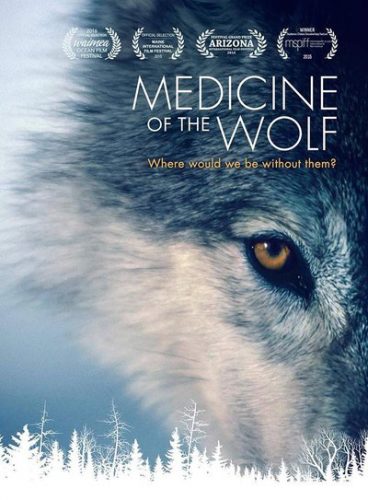
The annual Public Interest Environmental Law Conference (PIELC) comes to the University of Oregon March 3-6. For the first time in its 43-year history, PIELC has organized a film festival to preview the conference at the Bijou Art Cinemas Feb. 25. Films will also play as part of the conference itself.
“Almost all the films have a panel accompaniment with people involved in the films,” says PIELC co-director, Emily Hajarizadeh. “We chose to incorporate film this year because every year we receive massive amounts of submissions for films, and we haven’t had a space to show them.”
Hajarizadeh says adding the film festival is an attempt to reach out to the community in Eugene. The four-day conference, organized by volunteer student group Land Air Water, is one of a kind, Hajarizadeh says, because it’s free to the public. “We are the largest public interest law conference in the world.”
Nick Cady of Cascadia Wildlands will introduce the film fest and update the audience on wolf issues in Oregon. The first film is Medicine of the Wolf. He says wolf conservation in Oregon “brings out a lot of passionate feelings, and the stories behind the species’ ongoing and inspiring recovery are truly incredible.” He adds, “There are many important policy and conservation decisions presently being made about the species’ future, so we are happy for the opportunity to give folks an update.”
At the enviro law conference itself, Mari-Lynn Evans will be a keynote speaker. She directed Blood on the Mountain, an investigative documentary into the economic and environmental injustices that resulted from industrial control of coal mining. The film will play at 4 pm Saturday, March 5, and Evans’ keynote will be at noon the same day.
One of the conference panels will host a coal miner from West Virginia, Nick Mullin, who was also a subject in the documentary. He will speak about how the mining industry has affected his community.
PIELC organizers say they hope the film festival will help bridge the gap between activists, attorneys and the general population by creating a place for collaboration and discussion.
“There’s a dichotomy between the professionals and wider community,” Hajarizadeh says. “The goal isn’t only to present in a way that is more personable but to provide a forum such as environmental attorneys to collaborate on these issue while also involving the public.”
The film festival is asking for a $5-$10 sliding scale donation, though no one will be turned away for lack of funds. The conference is free to the public, but accepts donations as well.
The festival will begin at 6 pm with Cady’s introduction, followed by Medicine of the Wolf at 6:05 pm, Blood Lions at 7:30 pm and The Breach at 9:15 pm at the Bijou Art Cinemas, 492 E. 13th Ave.
PIELC will continue showing environmentally focused films at Straub Hall on the UO campus during the conference. See a full schedule at pielc.org.